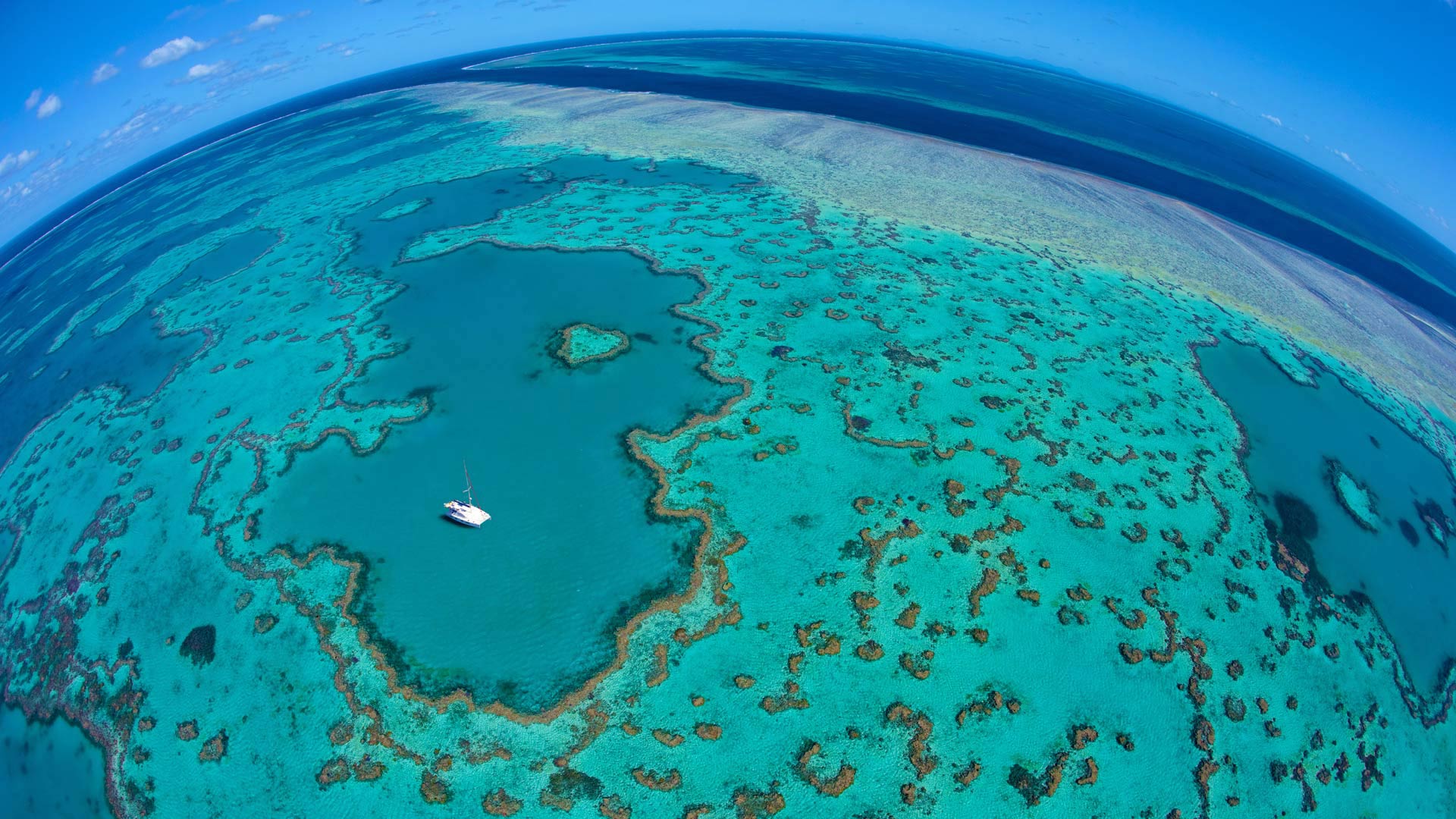Saint Kitts and Nevis, a small island nation in the Caribbean, is taking a big step towards better waste management with the launch of a new incinerator. This new facility will help address the growing waste management challenges facing the country and improve its environmental sustainability. The incinerator is part of a broader effort to modernize the waste management infrastructure in the country and move towards more sustainable and eco-friendly practices.
The new incinerator is a significant milestone for Saint Kitts and Nevis, as the country has been struggling with waste management issues for some time. With limited land area and a growing population, the country has been facing challenges in managing its waste effectively. The new incinerator will provide a more efficient and environmentally friendly way of handling the waste generated by the population.
The incinerator is part of a larger waste management plan that the government has been working on for several years. This plan aims to modernize the country’s waste management infrastructure and improve its environmental sustainability. The incinerator is just one component of this plan, which also includes initiatives to increase recycling, reduce waste generation, and promote sustainable practices.
The new incinerator is expected to have several benefits for the country. First and foremost, it will provide a more efficient way of handling the waste generated by the population. The incinerator will be able to process a larger volume of waste compared to traditional landfill methods, which will help alleviate the strain on existing landfills and reduce the need for additional land for waste disposal.
Additionally, the incinerator will help reduce the environmental impact of waste disposal. By incinerating waste, the facility will be able to generate energy from the combustion process. This energy can be used to power the incinerator itself or be fed back into the grid, providing an additional source of renewable energy for the country. This will help reduce the country’s reliance on fossil fuels and contribute to its efforts to transition to more sustainable energy sources.
Furthermore, the incinerator will help reduce the emission of greenhouse gases associated with traditional waste disposal methods. By incinerating waste, the facility will be able to capture and treat the emissions produced, minimizing their impact on the environment. This will help improve air quality in the country and contribute to its efforts to mitigate climate change.
The launch of the new incinerator is a positive development for Saint Kitts and Nevis, and it reflects the government’s commitment to addressing the waste management challenges facing the country. The incinerator is a tangible step towards more sustainable and efficient waste management practices and will help improve the country’s environmental sustainability.
FAQs
Q: What is an incinerator?
A: An incinerator is a facility designed to burn waste at high temperatures, converting it into ash, flue gas, and heat. The heat produced by the incineration process can be used to generate energy, and the ash can be disposed of in a landfill.
Q: How does an incinerator work?
A: In an incinerator, waste is loaded into a combustion chamber, where it is burned at high temperatures. The heat produced by the combustion process is captured and used to generate energy, while the emissions produced are treated to minimize their impact on the environment.
Q: Is incineration an environmentally friendly waste management method?
A: When properly operated and maintained, modern incinerators are an environmentally friendly waste management method. They can generate energy from the waste and help reduce the emission of greenhouse gases associated with traditional waste disposal methods. Additionally, they can reduce the volume of waste that needs to be disposed of in landfills.
Q: What types of waste can be incinerated?
A: Incinerators can handle a wide range of waste types, including municipal solid waste, industrial waste, and medical waste. However, certain types of hazardous or toxic waste may require specialized treatment processes to ensure their safe incineration.
Q: What are the benefits of incineration for waste management?
A: Incineration can provide several benefits for waste management, including reducing the volume of waste that needs to be disposed of in landfills, generating energy from the waste, and minimizing the emission of greenhouse gases. Additionally, it can help reduce the environmental impact of waste disposal and improve air quality.
Saint Kitts and Nevis launches new incinerator for waste management




